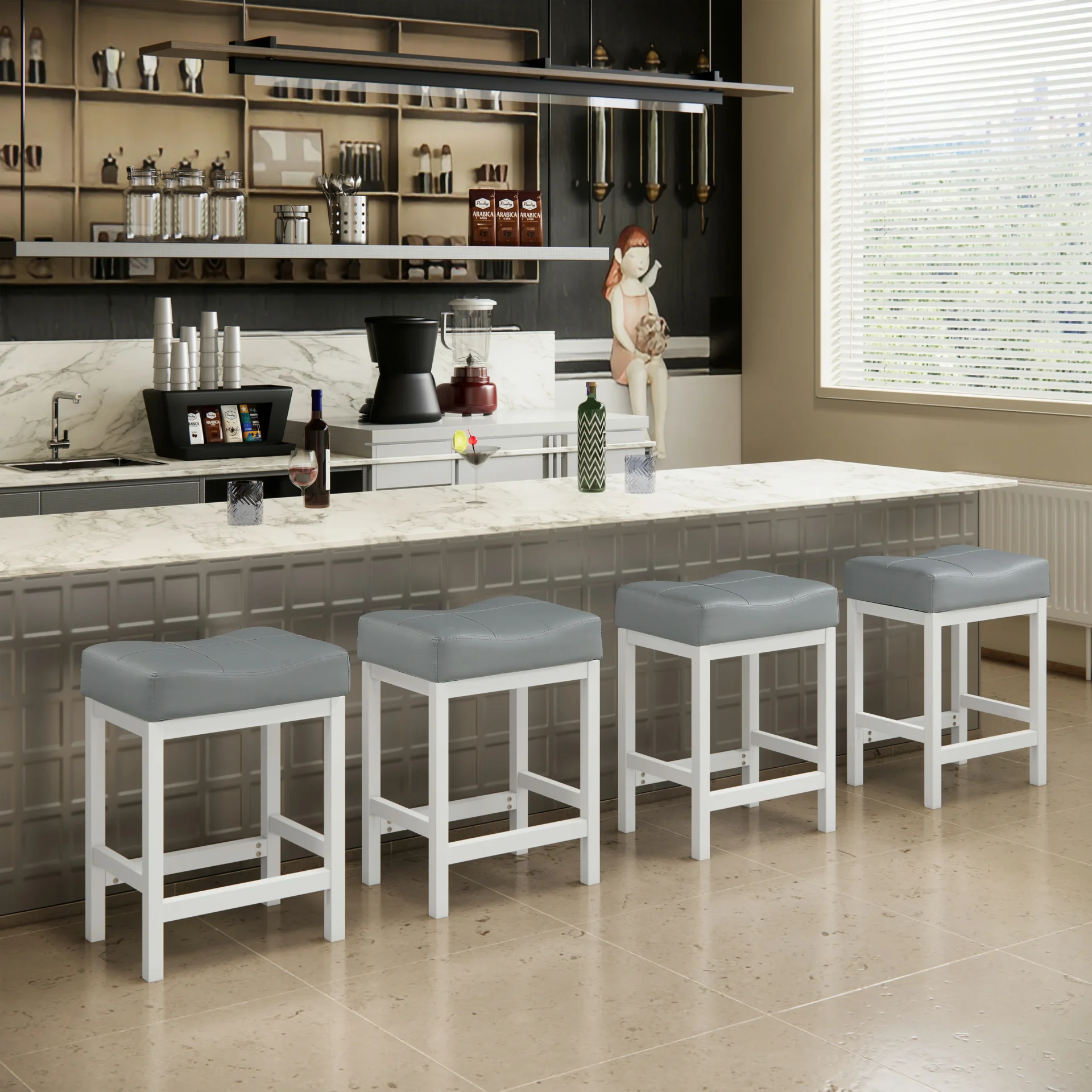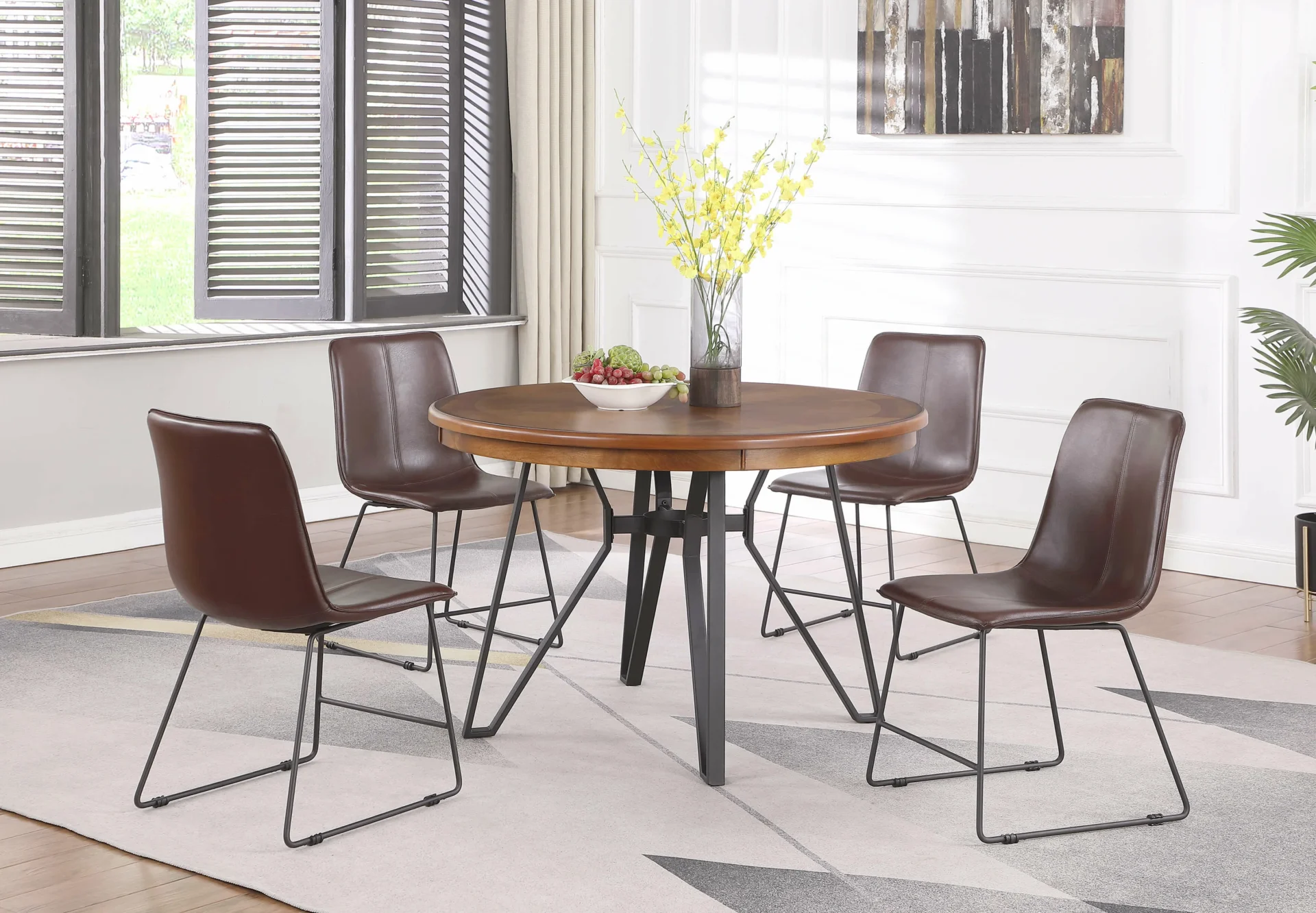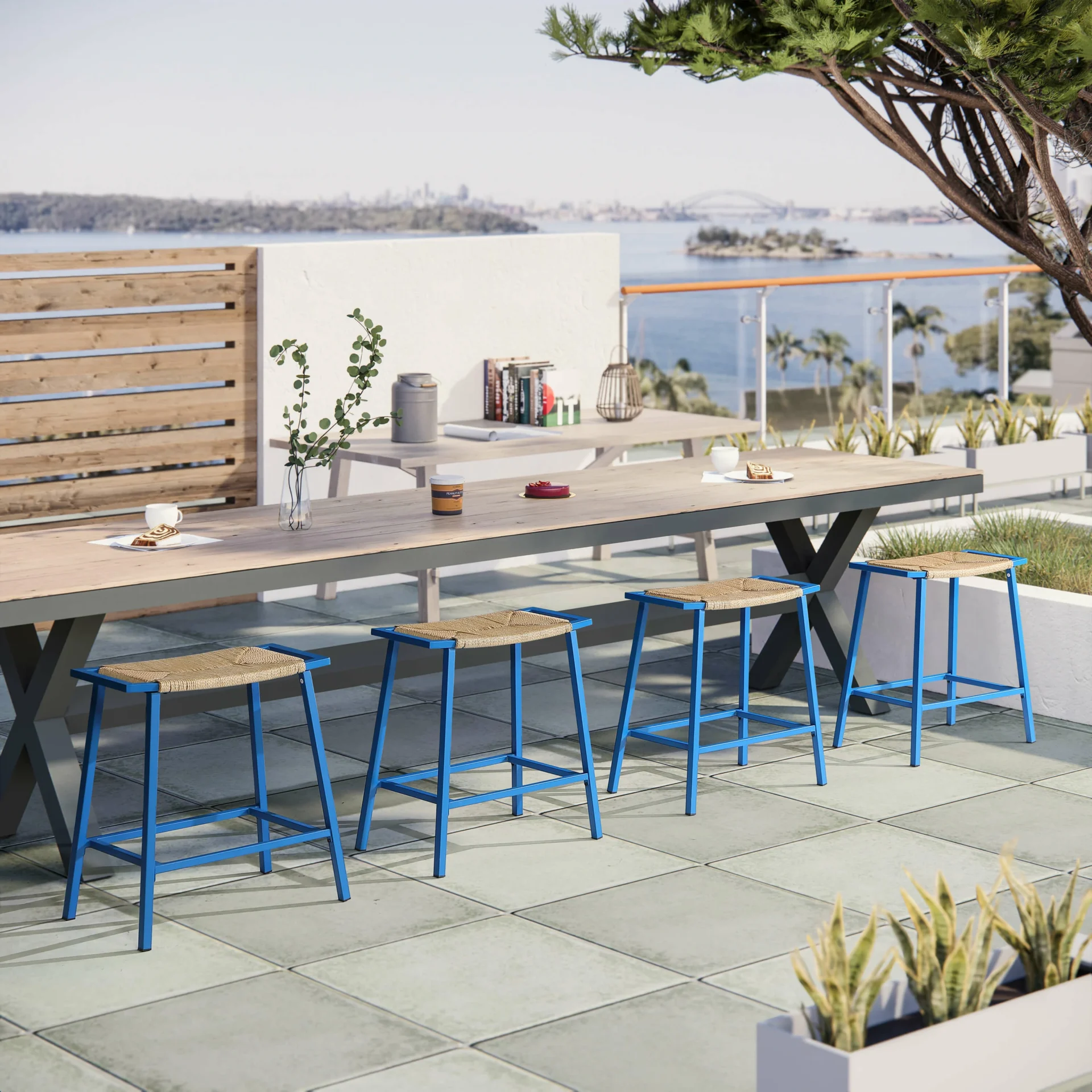Introduction
Embrace the Power of Customizable Furniture Solutions
In competitive furniture retail, offering customizable furniture solutions has become a game-changer. This post explores the immense potential of customization in capturing the imagination of customers and providing them with tailored furniture options. Get ready to unleash your creativity as we delve into customizable furniture and its benefits for retailers.
Purpose and Structure of the Post
This post aims to guide retailers on leveraging customizable furniture solutions to enhance customer satisfaction, differentiate from competitors, and boost revenue. We will explore various customization aspects, from its advantages to customer collaboration, streamlining production processes, marketing strategies, and overcoming challenges. Let’s dive in and discover how customizable furniture can revolutionize your retail business.
The Benefits of Customizable Furniture Solutions
Meeting Unique Customer Preferences and Needs
Customizable furniture solutions empower retailers to cater to their customers’ diverse preferences and needs. Retailers can provide furniture that perfectly aligns with individual tastes and lifestyles by offering a range of options, such as material choices, finishes, sizes, and configurations. This level of personalization enhances customer satisfaction and builds strong brand loyalty.
Increased Customer Satisfaction and Loyalty
Customers who customize their furniture feel more engaged in the purchasing process and have a sense of ownership over the final product. This heightened involvement increases satisfaction and a stronger emotional connection with the brand. Satisfied customers are more likely to become loyal advocates, recommending your store to others and becoming repeat buyers.
Differentiating from Competitors
In a crowded marketplace, standing out from competitors is crucial. Offering customizable furniture solutions sets you apart by providing a unique selling proposition. Customers are attracted to retailers that value their individuality and deliver personalized experiences. By embracing customization, you create a distinctive brand image that distinguishes you from the competition.
Maximizing Revenue and Profitability
Customizable furniture solutions present an opportunity for retailers to maximize revenue and profitability. Customization often comes with a higher price tag, as customers are willing to pay a premium for personalized products. By offering customization options, retailers can tap into this demand and increase their average order value, improving financial performance.
Types of Customizable Furniture Options
Material Choices and Finishes
One of the key aspects of customizable furniture is the ability to choose from various materials and finishes. Customers can select the type of wood, fabric, leather, or other materials that suit their preferences and complement their interior design style. Different finishes, such as stains or paints, can be applied to achieve the desired aesthetic.
Size and Configuration Flexibility
Customizable furniture solutions allow customers to personalize the size and configuration of their pieces. Whether it’s adjusting the dimensions of a sofa to fit a specific space or configuring modular furniture units to create a unique layout, the flexibility in size and configuration ensures that customers can optimize their furniture for their particular needs.
Upholstery Options
Upholstered furniture offers numerous possibilities for customization. Customers can choose from various upholstery fabrics, colors, patterns, and textures to match their style and preferences. This allows them to create furniture that harmonizes with their existing decor or makes a bold statement as a focal point in their space.
Additional Features and Accessories
Customizable furniture goes beyond the basics and allows for the incorporation of additional features and accessories. This includes built-in storage compartments, integrated lighting, adjustable mechanisms, or personalized monograms. These added features enhance the functionality and uniqueness of the furniture, providing customers with a truly tailored experience.
Collaborating with Customers
Understanding Customer Needs and Preferences
Effective customer collaboration begins with a deep understanding of their needs and preferences. Take the time to listen actively, ask questions, and engage in meaningful conversations to gather insights about their desired furniture specifications, style preferences, and functional requirements. This collaborative approach ensures that the result aligns with their vision.
Providing Expert Guidance and Recommendations
As a retailer, you guide customers through the customization process. Share your expertise and product knowledge to help them make informed decisions. Recommend materials, finishes, and design elements that best meet their requirements while considering durability, maintenance, and budget considerations.
Visualizing and Presenting Design Concepts
To facilitate effective collaboration, provide visual aids and design tools that help customers visualize their customized furniture. Utilize 3D renderings, mood boards, and sample materials to give them a clear idea of how their selections will come together. This enhances the decision-making process and builds confidence in their choices.
Clear Communication and Documentation
Maintain clear and consistent communication with customers throughout the customization journey. Document all discussions, specifications, and agreements to clarify and avoid misunderstandings. Regularly update customers on the progress of their orders, and be responsive to their inquiries and feedback. Strong communication builds trust and fosters a positive customer experience.
Seamless Production and Delivery
Streamlined Manufacturing Processes
When offering customizable furniture solutions, it is crucial to have efficient and streamlined manufacturing processes in place. This includes having skilled craftsmen, advanced production technologies, and quality control measures to ensure that each piece is perfectly crafted. By optimizing manufacturing processes, you can deliver customized furniture promptly without compromising on quality.
Efficient Order Management Systems
Invest in an efficient order management system to ensure a seamless production and delivery experience. This system should enable you to track and manage each customer’s order, from the initial customization details to the production progress and final delivery. By having a well-organized system, you can minimize errors, manage timelines effectively, and keep customers informed throughout the process.
Collaborating with Reliable Logistics Partners
Partnering with reliable logistics providers is crucial to ensure customized furniture’s smooth and timely delivery. Choose logistics partners specializing in furniture transportation and have experience handling delicate and bulky items. Collaborating with trusted partners will give you peace of mind knowing that your customer’s orders will be handled carefully and delivered on schedule.
Quality Assurance and Customer Satisfaction
Maintaining a strong focus on quality assurance is essential when delivering customizable furniture solutions. Implement rigorous quality control measures throughout production to ensure that each piece meets the highest standards. Additionally, prioritize customer satisfaction by offering post-delivery support and promptly addressing any concerns or issues. A commitment to quality and customer satisfaction will contribute to long-term success and positive word-of-mouth referrals.
Marketing and Promoting Customizable Furniture
Highlighting the Benefits of Customization
When marketing and promoting customizable furniture, it’s crucial to emphasize customization’s benefits to customers. Showcase how customization allows individuals to personalize their furniture to match their unique style, preferences, and needs. Highlight the enhanced functionality, comfort, and satisfaction of tailor-made pieces.
Showcasing Success Stories and Testimonials
Share success stories and testimonials from satisfied customers who have experienced the joy of customized furniture. Display before-and-after photos and customer testimonials on your website and social media platforms. These real-life examples will demonstrate the transformative power of customization and inspire potential customers to explore the possibilities.
Utilizing Digital Marketing Channels
Use digital marketing channels to reach a wider audience and showcase customizable furniture solutions. Create engaging content such as blog posts, videos, and interactive quizzes highlighting customization’s benefits and versatility. Optimize your website with relevant keywords and ensure a seamless user experience to drive organic traffic and conversions.
Collaborating with Interior Designers and Influencers
Collaborate with interior designers, influencers, and industry experts who can endorse and promote your customizable furniture. Partner with them to create captivating content featuring your furniture, such as room makeovers or design challenges. Their expertise and influence will attract followers and establish brand credibility, expanding your reach and customer base.
Overcoming Challenges in Customization
Customizable furniture brings numerous benefits, but navigating and overcoming potential challenges is crucial. Here are effective strategies to address them:
Balancing Customization with Cost-Efficiency
Find the right balance between customization and cost-efficiency. Optimize your production processes to accommodate customization without significantly impacting the overall cost. Evaluate materials, production techniques, and design options to provide personalized solutions while maintaining competitive pricing.
Managing Production Complexity and Lead Times
Customization often introduces complexities that can affect production timelines. Implement robust project management systems to handle customized orders efficiently. Streamline workflows, optimize resource allocation, and communicate clear timelines with customers to manage expectations and ensure timely delivery.
Addressing Customer Expectations and Changes
Customers may have evolving expectations or may request modifications during the customization process. Establish effective communication channels to address their queries, provide guidance, and promptly accommodate reasonable changes. Regularly update customers on the progress of their customized orders to foster transparency and build trust.
Ensuring Consistent Quality and Brand Identity
Maintain consistent quality standards across all customized furniture offerings. Develop robust quality control processes to monitor each customization stage, from design to production and delivery. Uphold your brand identity and ensure that customization options align with your brand’s aesthetic, values, and craftsmanship.
By proactively addressing these challenges, you can enhance customer satisfaction, strengthen your reputation, and drive sustainable growth in the competitive market of customizable furniture.
Building Customer Relationships and Repeat Business
Establishing strong customer relationships is essential to leverage the power of customizable furniture and drive repeat business. Here are key strategies to foster customer loyalty and encourage repeat purchases:
Providing Exceptional Customer Service
Deliver exceptional customer service throughout the entire customization journey. Be responsive, attentive, and proactive in addressing customer inquiries and concerns. Offer personalized assistance, guidance, and expert advice to ensure a smooth and satisfactory experience. You’ll leave a lasting impression on customers by going above and beyond.
Offering Post-Purchase Support and Warranties
Extend your commitment to customers beyond the point of purchase. Provide comprehensive post-purchase support, including installation, maintenance, and repairs. Offer warranties that instill confidence in the quality and durability of your customized furniture. Promptly address any issues or concerns, demonstrating your dedication to customer satisfaction.
Collecting Customer Feedback and Testimonials
Regularly collect feedback from customers about their customized furniture experience. This feedback can provide valuable insights for improving your offerings and addressing potential pain points. Encourage customers to share their testimonials and success stories, showcasing your customizable furniture’s positive impact on their lives. Utilize these testimonials in your marketing efforts to build trust and credibility.
Cultivating Long-Term Partnerships
View each customer interaction as an opportunity to build a long-term partnership. Stay connected with customers through newsletters, exclusive offers, and personalized recommendations. Keep them informed about new customization options, trends, and promotions. You’ll encourage repeat business and generate positive word-of-mouth referrals by nurturing these relationships.
By prioritizing exceptional customer service, post-purchase support, customer feedback, and long-term partnerships, you can foster customer loyalty and establish your brand as a destination for customizable furniture solutions.
Conclusion
In the ever-evolving furniture retail world, customizable furniture solutions hold immense potential. By embracing the power of customization, retailers can unleash their creativity and cater to their customer’s diverse needs and preferences. The future of furniture retail lies in offering personalized, tailored experiences that go beyond the one-size-fits-all approach.
Customizable furniture allows retailers to stand out in a crowded market and differentiate themselves from competitors. It will enable them to tap into their customers’ unique tastes and styles, creating products that resonate on a personal level. By offering a wide range of customization options, materials, colors, and finishes, retailers can empower customers to create furniture pieces that truly reflect their individuality and meet their specific requirements.
By adopting customizable furniture solutions, retailers can foster stronger customer relationships, drive repeat business, and create a loyal customer base. The ability to offer personalized experiences and exceptional customer service sets retailers apart, building trust and loyalty among their clientele.
As technology advances, customization options will only expand, offering retailers even more opportunities to engage customers and meet their ever-changing demands. By staying ahead of the curve and embracing the potential of customizable furniture, retailers can position themselves as leaders in the industry and shape the future of furniture retail.




